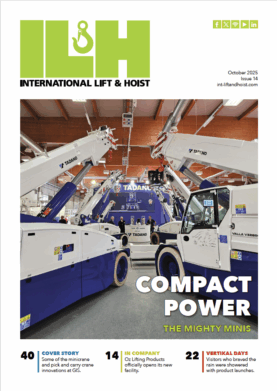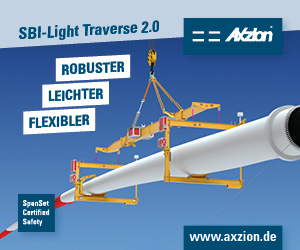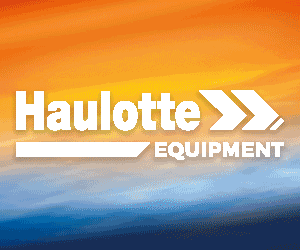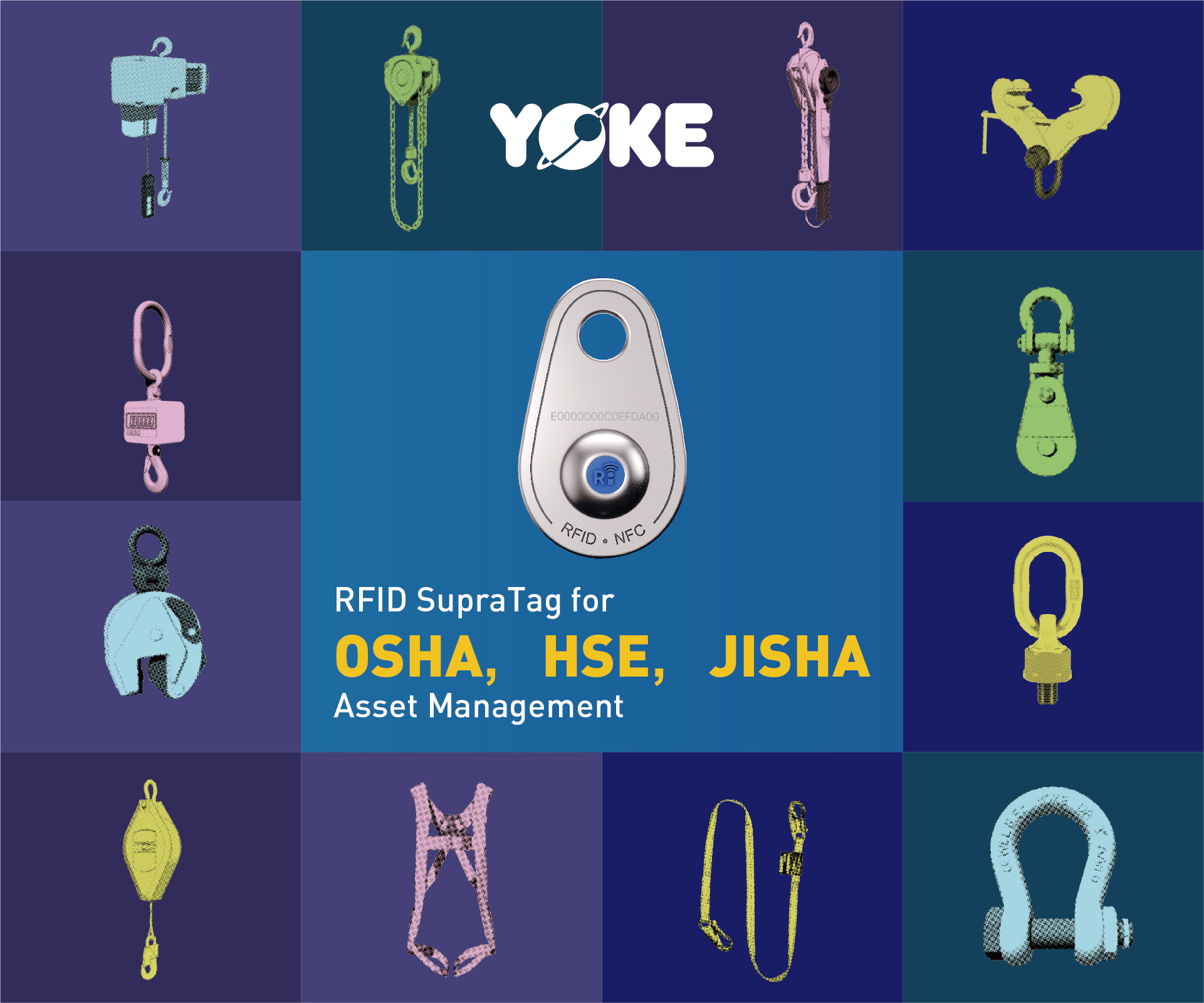Equipment Security after the 2005 Hurricane Season
More than four months after Hurricanes Katrina and Rita devastated the Gulf Coast, widespread recovery of the region is still underway. The nation's worst hurricane season in history not only had an effect on human life and personal property, but it also created a problem with equipment security, according to a report generated by the National Equipment Register (NER).
Findings in NER's analysis of equipment theft in 2005 included a 22% increase in thefts from the Gulf region and surrounding states since the end of August 2005 when compared with the same region and period in 2004. Thefts from this period are still being discovered and reported, and NER expects the number to rise.

Altered PIN plates
Due to the scale of reconstruction efforts, equipment thieves are finding a concentration of poorly secured equipment and a ready market for resale. For examples, at the end of October 2005, NER received a call from a person in southern Mississippi who was offered a used piece of equipment below market value by sellers who were allegedly FEMA employees disposing of machines they no longer needed. Before proceeding with the purchase, the prospective buyer wanted to determine whether or not the equipment had been stolen. NER noted that the Product Identification Number (PIN) the buyer obtained from the sellers had several inaccuracies and edited the PIN to conform to established formats. NER searched the corrected PIN against its database and found a close match to a recent theft report sent to NER by a police agency in northern Mississippi • however the two PINs differed by one digit.
The PIN on the theft report had a No. 5 in the position that a No. 8 occurred in the PIN provided by the buyer. Given the ease with which a No. 5 can be altered to a No. 8 on PIN plates, the NER analyst worked with the potential buyer and the reporting agency to refer this to the Forrest County, Miss., Sheriff's Department. It sent officers to the sale location and, upon examination, they were able to confirm that the No. 8 seemed to be tampered with. By comparing numbers from other components on the machine, they were able to determine that the machine matched the one from the theft report.
Based on this recovery, officers set out to inspect any equipment that may have been sold by the involved parties and have since identified several other machines as being stolen. So far, officers have impounded nine machines valued at more than $350,000 and made at least two arrests as a result of this investigation.

Rental equipment theft
According to NER, rental equipment is also being targeted by thieves both on the rental lot and in the field. The ease with which thieves can obtain a stolen identity also makes the use of false identities a growing trend in rental equipment theft. NER suggests that rental companies provide clients with advice, and where possible, additional equipment services to reduce the risk of theft. Rental companies should also be alert to any “red flags,” such as unusual requests for drop-offs or inconsistencies in a renter's documentation. Copies of a photo ID should be a minimum requirement. If a suspicious renter is deterred by such diligence, it is important to report the event to local law enforcement and NER to help build an intelligence picture and allow alerts to be issued.

Theft affects the nation
NER suspects the effects of equipment theft in the Gulf region will be felt nationwide. As the demand rises for equipment in the area, so does the motivation to steal and the ease with which stolen equipment can be sold. NER provides information to help prevent theft and tips to detect theft related to the hurricane recovery.
- The most important thing for equipment owners and insurers to do is to ensure that law enforcement has as much information as possible to investigate equipment theft. Equipment owners should keep a record of equipment identification numbers (of any and every type) and should physically check inventories more often than normal • particularly equipment that is not in constant use. Missing equipment should be reported to the police, insurers, and NER as quickly as possible. Registration of all equipment with NER (i.e. before the theft) allows law enforcement to identify the true owner of stolen equipment while the thieves are moving it – usually at night or on weekends.
- In order to raise awareness in the affected areas, locations in the southern states have been chosen for Regional Heavy Equipment Theft Summits. These free one day seminars for law enforcement, insurers, and equipment owners are cosponsored by NER and FBI/LEEDA and have been held in Bartow, Fla., and Houston, Texas. The next Summit will be held in Arlington, Texas, on Feb. 23, 2006.
- Equipment owners should pay particular attention to equipment theft prevention techniques. A free 12-page summary of techniques and resources is available at http://www.nerusa.com/theftPrevention.asp.
The detection of theft and fraud related to this hurricane season will be an ongoing process, but it is never too late to report a loss or suspicious activity.











